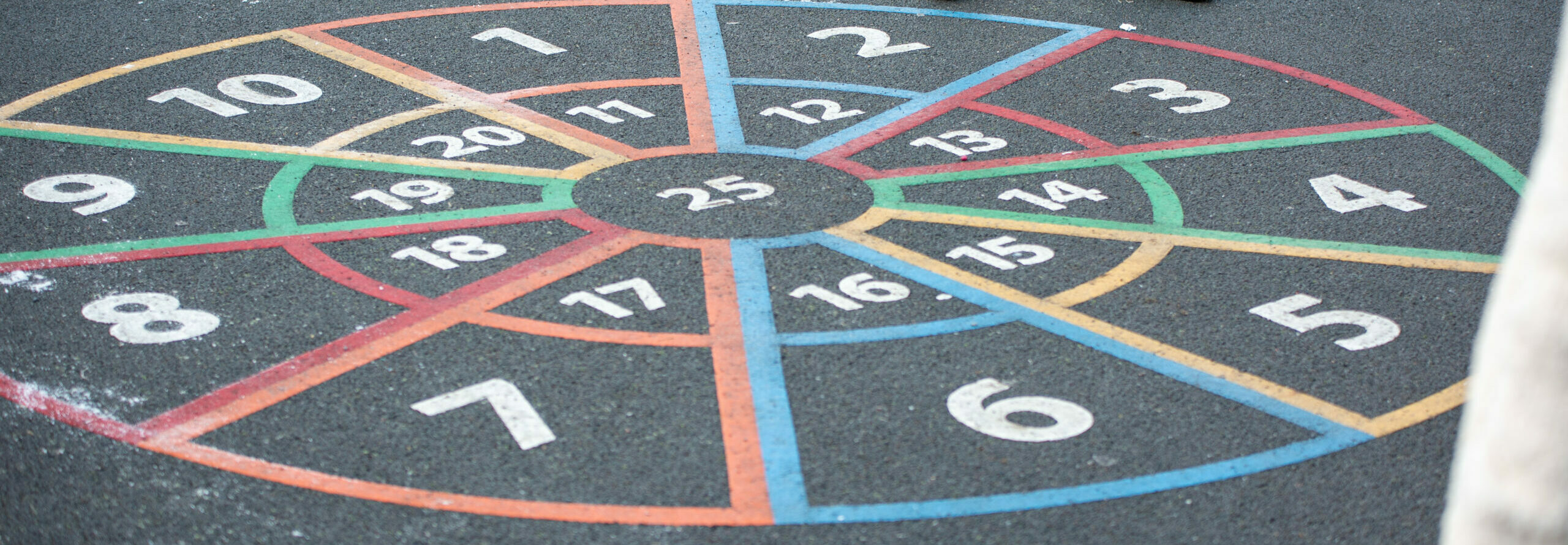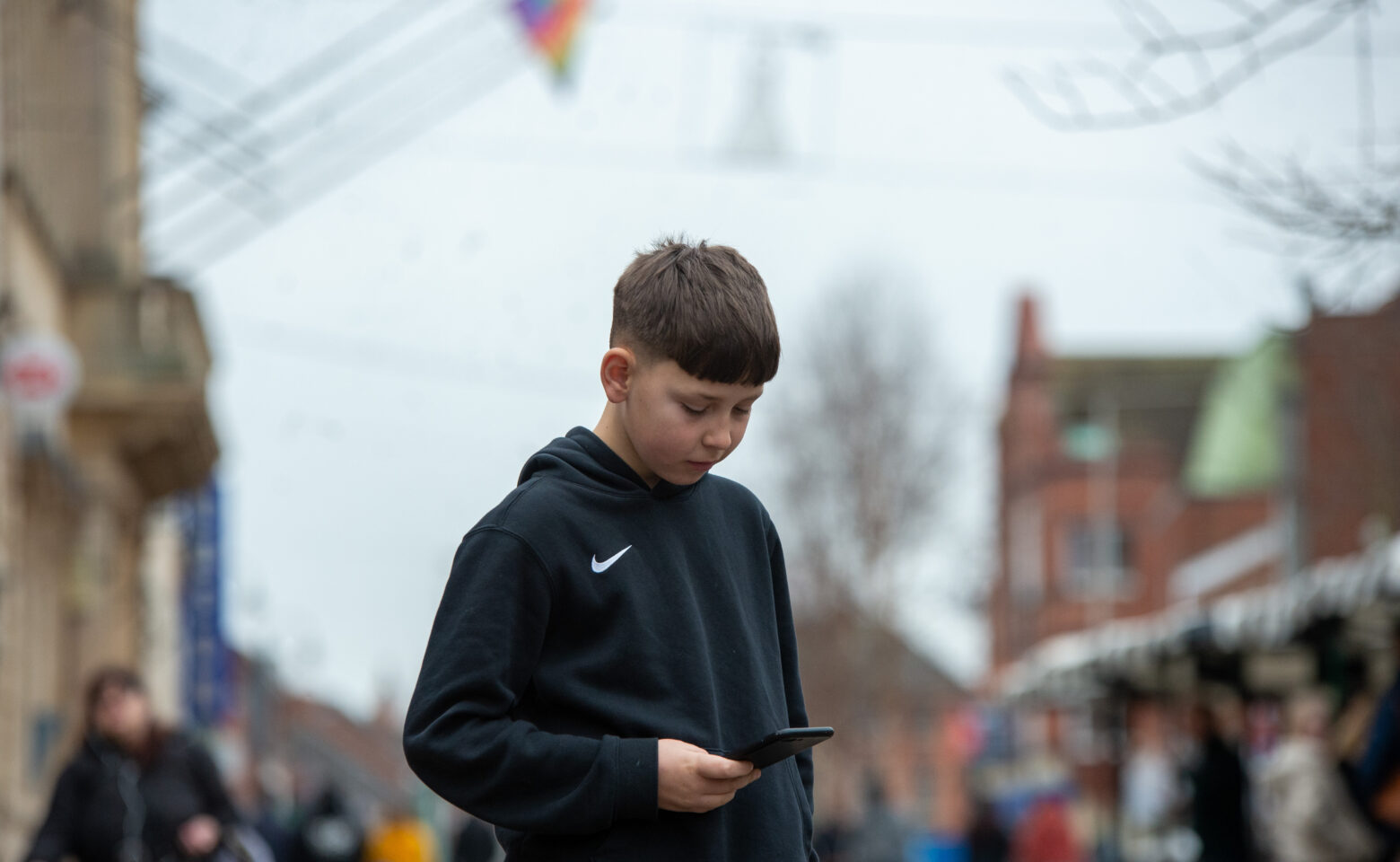PORN
CLICK HERE TO READ MORE

CLICK HERE TO READ MORE

The internet is a big part of our lives. Whether you’re listening to music, chatting with mates or scrolling TikTok, we’re all hardly ever offline. And because of this, staying safe online is so important.
Lots of people, gangs and groups know the power of the internet and use it as a way to groom, radicalise, sexual abuse, bully and commit crimes.
It’s also really important to be aware of your digital footprint. This is all the data and information you leave behind when you use the internet or an app – even if you think you don’t. Things like tagged photos, likes on Instagram, your browsing history, games you’ve played, things you’ve bought – they can all be traced back to you.
Here we’ll show you how to keep things private and stay safe online.
Grooming is when someone starts a relationship and builds trust with someone so they can manipulate, exploit and abuse them. Grooming can be used for lots of different reasons like using someone for sex or sexual exploitation, crime or radicalisation. Sexual exploitation and some types of radicalisation are a crime.
Grooming may happen in exchange for presents, money, alcohol or emotional attention. It can happen to young people from all different backgrounds and communities, all over the UK.
Remember, when you share something online, even in a private message – like a nude photo – you lose control of it and can never get it back.
Grooming is never your fault.
Liking a mean post on Facebook or sharing an inappropriate photo of another young person over WhatsApp may feel pretty harmless. You’re not physically hurting anyone, right? But this is a form of cybercrime and bullying and, if seen as threatening, can be considered harassment and get you into trouble with the law. Everyone deserves respect and everyone should feel safe online.
You may feel that words on screen aren’t that big of a deal, but with the risk of causing someone to self harm or even take their own life, it’s never worth it.
Bullying is not a crime specifically, but can be covered under other legislation such as protection from harassment and malicious communications.
What does it mean for me?
Cybercrime is a crime that’s carried out online using computers, laptops, phones, gaming consoles, phones and tablets. Cyber criminals look for weaknesses in technology and other people so they can steal passwords, data, or money.
Anyone, no matter their age, can be a victim. There are things that can make someone more vulnerable though:
Whatever the situation or worry, the police will help you.
If you or someone you know is in immediate danger please dial 999.
If there’s no immediate risk to life or property then call them on 101.
There’s also plenty of other people out there to help and support you
We all love social media. We use it every day and barely give it a second thought. After all, it’s just hanging out with your mates and sharing stuff, right? True. But there’s a lot of nasty stuff on social media and it’s important to stay safe and keep your accounts private.
Keep it private
You don’t want any stranger or random person to be able to see your photos and videos, you never know what they may do with them. Take a look at your privacy settings and make them ‘Friends Only’ to keep things as secure as possible.
Only ‘friend’ your friends
Only friend people online that you know in real life. Random people and strangers that you friend online may not be who they say they are, but they’ll have access to all the information and photos you share.
Delete. Block. Report
Know how to delete content you’ve posted should you need to, and be confident in clicking the ‘report’ button on other people’s stuff too. Blocking someone gives you a level of control if you’re uncomfortable with how a friend is acting online. And you should deactivate your account if you stop using a social media site.
Love playing FIFA or maybe you’re more of a Fortnite fan? Whatever you prefer, there’s no doubt gaming is a fun way to spend some time and hang out with your mates. But it doesn’t come without risks and dangers. From bullying and grooming to viruses and scams, it’s important to stay safe while playing.
The main things to remember are to:
Choose a safe username and password
Make sure your nickname does not include your:
When choosing a profile picture, go for something that doesn’t show your face, or give any clues as to who you are and where you are (like your school logo or street name).
When choosing a password, make sure it’s strong and not easy to guess.
Think about what you share
Chatting to other gamers can also be fun, and you’ll often talk with people you’ve never met in real life. Spending more and more time with them, gaming and chatting can make you feel like you know them, but they may not be who they say they are. Don’t share details like your address, phone number or school with anybody you don’t know in real life.
Sometimes people may ask for sexual pictures or nudes, and they’ll ask you to keep it a secret or give you gifts and compliments. This is called grooming. It’s not your fault and there are ways to get help with this.
Be strict with your privacy settings
Every game and console is different, so have a good check and make sure your privacy settings are the highest they can be.
Take lots of breaks
If you’re getting angry or frustrated at the game or people you’re playing against, feel tired or hungry, or are ignoring things you need to do – like homework – it’s time to take a break. You don’t have to stop playing for ages, just a quick break will help you feel healthier and happier.
Watch for loot boxes and in-app purchases
Lots of games are free to play at the start, but they make their money by getting you to buy things – like new skins, items and lives. Before you make any in-app purchases check whether it’ll cost real-world money. Ask the person who’ll be paying before you click ‘buy’. Keep track of what you’re spending so it doesn’t start adding up to a huge amount, and only buy something from the game’s official app or website.
Be careful of downloads
Downloads aren’t always safe. If they’re from unofficial websites they can contain viruses that could cause damage to your computer or mobile. They could also give hackers access to your personal information. Always use your phone’s app store or the game’s official website to download anything.

There’s help and support everywhere
NSPCC shares advice and support on abuse and cyberbullying.
NSPCC shares advice and support on grooming.
NSPCC shares advice and support on child sexual exploitation.
Childline is a great place to go to for advice and support.
ACT Early help to prevent radicalism by talking with you in confidence.
Leicester Police are there to listen if you’re worried about someone being radicalised.
Childline is a great place to go to get advice and support on how to stay safe while gaming.
Thinkuknow has lots of tips and advice for playing safe.
KNOW THE LAW: The law is clear – taking or sharing photos of videos of under 18s (this includes yourself) is illegal.
If you are considering sending a nude image to someone make sure you trust them and are aware of the risks below:
Before making a decision, try talking to someone you trust.
In a healthy relationship you should not feel pressured to send a nude, but Childline have some tips on how you can deal with it.
TAKE ACTION
Try talking to the person you’ve sent it to, and ask them to delete it. Explain why you’re worried.
If someone has done something online to make you feel worried or unsafe, you can report it to CEOP – The National Child Exploitation and Online Protection Centre. CEOP works across country to keep children and young people safe. They can provide you with advice and support.
For more information about CEOP, watch the video below:
If your mate is under 18, follow the guidance below:
If you are over 18:

For more info and support about sexting, visit Childline, ThinkUKnow-Sexting or CEOP.
Porn (short for Pornography) is a video, story or picture that’s been designed to make someone feel aroused.
It’s normal to be curious about porn or wonder what it is, but let’s give you the facts here first.
Watching porn is a choice and only you can decide if watching porn is something you feel comfortable about.
Remember that it’s always your decision and nobody has the right to pressure you to watch it.
Most people who are in porn are paid actors and they’re doing things to entertain the people watching it.
The actors will behave in a certain way for the film and will have often had surgery to portray a particular type of body.
Typically, a porn actor will be seen to portray the ‘ideal’ sexual body, e.g. no body hair, large and symmetrical genitalia.
Body image can be affected by porn and this can impact trust in a relationship due to unrealistic expectations. It’s important to remember that porn is based on gender stereotypes and not a reflection of real life.
If watching porn is affecting how you feel about your body, try:
It’s important to remember that porn doesn’t show what sex is really like.
It can help to remember that:
(explicit language warning).
Not all porn is legal. It’s illegal for anyone to watch porn involving:

If you or someone you know is in immediate danger please dial 999. Choosing to pass on information isn’t an easy decision to make. But it is the right one. However big or small, get it off your shoulders with 100% anonymity.
Let’s make our home a safer place to live and thrive.